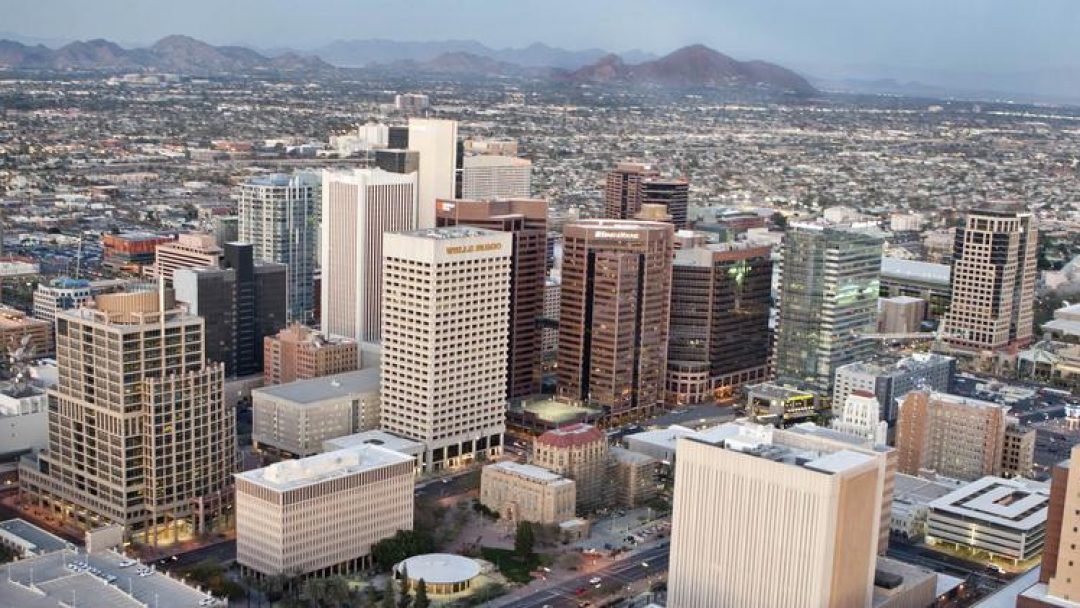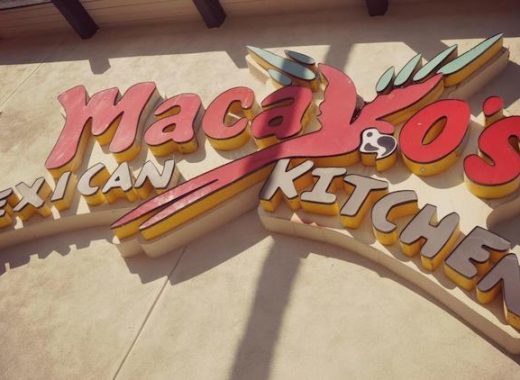Driven by population and employment growth with an increasing high-tech industrial base, Phoenix has climbed into the top 10 best-performing large cities nationwide based on economic vitality.
The index, conducted by The Milken Institute, relies on an outcomes-based set of metrics that focuses on job creation, output growth and wage gains — especially in high-technology sectors — to evaluate the performance of cities and how the areas promote economic vitality relative to peers.
Phoenix rose to No. 7 in the latest index, up from No. 12 in last year’s report.
The metro area continues to grow at unprecedented rates, according to the index, with top-tier one-year job growth (No. 6) and wage growth (No. 15).
Phoenix and the surrounding area’s expanding high-tech economy also boosted the ranking, with its seven high-tech industries ranking No. 37 and high-tech GDP concentration bumping up five spots to No. 47.
The index notes a deeper investment in communication equipment manufacturing and computer systems design would further strengthen the Valley’s high-tech foothold.
Along with the increasing number of high-tech companies in the area, The Valley of the Sun is also attracting people from all over the country to enjoy its weather and amenities.
The index found a significant increase of people moving from the western states to the Valley in recent years, which is boosting housing consumption and construction.
Total housing permits in the Phoenix area rose 29.9% year-over-year as of September of last year despite the ongoing COVID-19 pandemic, according to the study, while jobless rates also remained lower than the U.S. average.
Phoenix’s population boom and housing rush could also hurt its ranking in the future, the index noted, if rent and housing price increases continue.
Rent in the Valley grew as much as 7% year-over-year in 2019, according to the study, with home values rising 5.8%.
The area’s relative housing affordability also ranks in the middle-of-the-pack compared to other large cities and the cost of living is only 3.6% below the national average, according to the index.
The Milken Institute recommends proactive investment in affordable housing stock to help prevent Phoenix from losing its competitive advantage as a cost-effective, livable city.
Tucson also made the list as a tier two large city, moving up 36 spots from last year to No. 41.
A handful of areas across Arizona were also mentioned in the index as part of a separate best-performing small cities ranking.
Lake Havasu City was the highest-ranked Arizona small city at No. 16, followed by Prescott Valley (No. 25), Yuma (No. 66), Sierra Vista (No. 100) and Flagstaff (No. 169).
The No. 1 large city belongs to Provo-Orem, Utah, according to the index, while the top small city is Idaho Falls, Idaho.
Click here to read the full ranking.








